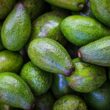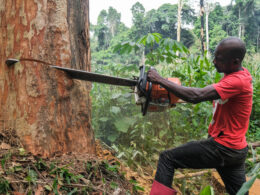The EU Deforestation Regulation (EUDR), implemented in June 2023, marks a significant shift in the regulatory landscape for commodity traders dealing with cattle, wood, cocoa, soy, palm oil, rubber, coffee, and derived products entering the EU market.
Key Compliance Obligations
Due Diligence:
Companies must implement robust due diligence systems to verify that their commodities are demonstrably “deforestation-free,” meaning not sourced from land deforested or degraded after December 31, 2020. This applies throughout the supply chain, encompassing not just raw materials but also finished goods.
Geo-referencing and Risk Assessments:
The EUDR mandates the use of geo-referencing to pinpoint the origin of commodities. This data, coupled with risk assessments that consider factors like deforestation rates and governance in producer countries, forms the cornerstone of a compliant due diligence system.
Monitoring and Reporting:
Regular monitoring of supply chains is crucial for identifying potential deforestation risks. Companies must also prepare and maintain due diligence statements, readily available for competent authorities upon request.
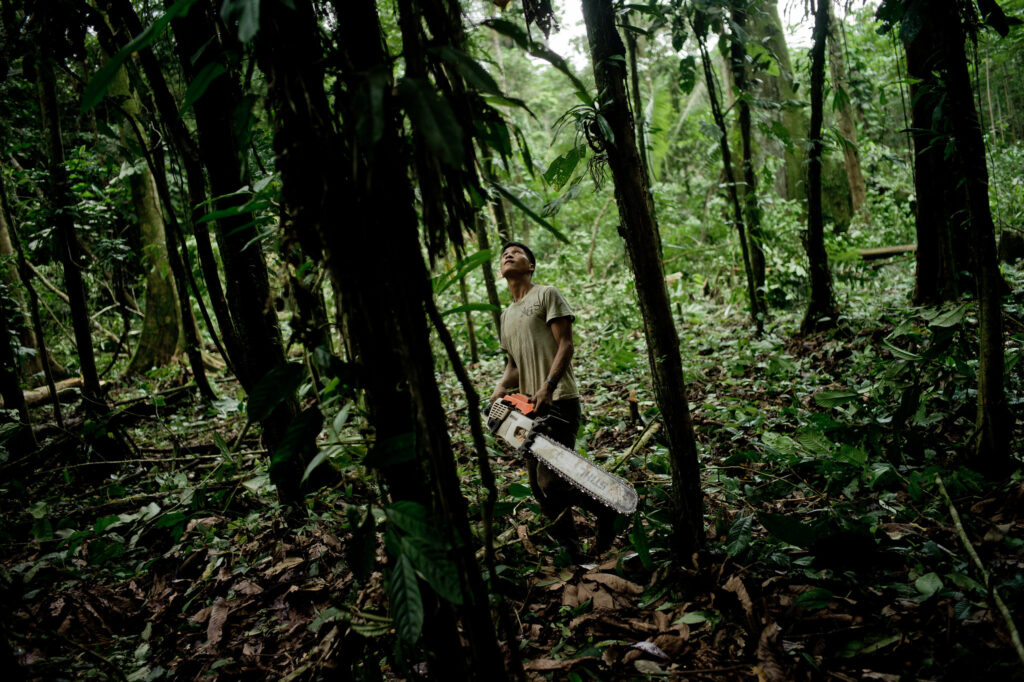
Beyond Compliance: Embracing Responsible Sourcing
The EUDR extends beyond mere paperwork. It compels companies to integrate responsible sourcing practices into their core operations. This includes:
Traceability Systems:
Establishing robust traceability systems throughout the supply chain is essential for demonstrating deforestation-free sourcing.
Producer Country Legislation:
Compliance with relevant environmental and social legislation in producer countries is mandatory under the EUDR. This underscores the regulation’s commitment to ethical trade practices.
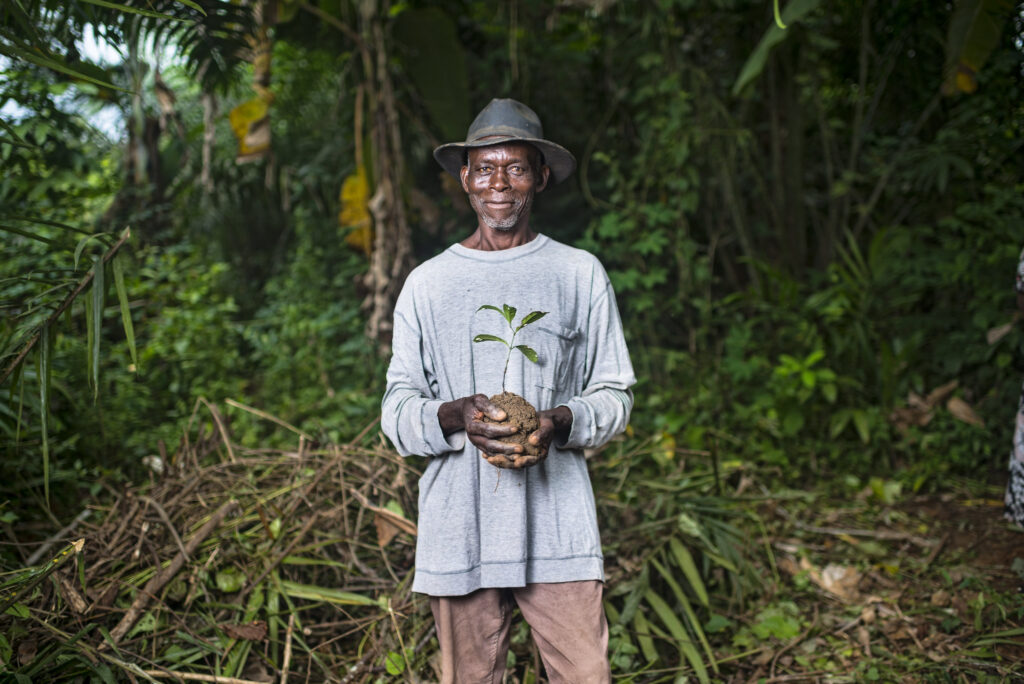
Strategic Implementation Beyond 2024
While the EUDR entered into force in 2023, the critical compliance obligations kick in on December 30, 2024 (with some exceptions for small businesses). Proactive implementation of these requirements is paramount. Here’s how:
- Gap Analysis: Assessing existing practices against EUDR requirements will reveal areas for improvement.
- Due Diligence System Development: Developing and implementing a robust due diligence system tailored to the specific commodities and geographies involved is crucial.
- Supply Chain Engagement: Working collaboratively with suppliers to ensure their practices align with the EUDR is essential for long-term compliance.
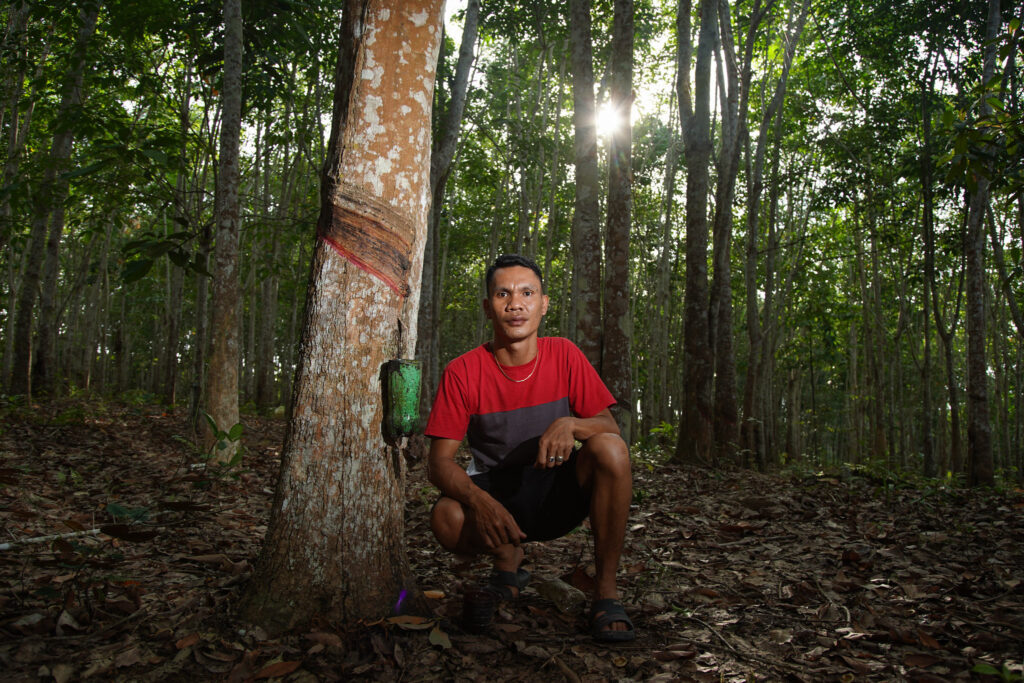
Photo by Ricky Martin/CIFOR
The EUDR’s Global Impact:
The EUDR’s influence extends beyond the EU’s borders. By setting a high bar for deforestation-free sourcing, the regulation creates a ripple effect, potentially pressuring producers worldwide to adopt sustainable practices. This has the potential to significantly reduce global deforestation rates.

Conclusion: Leading the Way in Sustainable Trade
The EUDR presents a unique opportunity for commodity traders to position themselves as sustainability leaders. By embracing the spirit of the regulation and implementing robust due diligence systems, companies can:
- Mitigate Supply Chain Disruptions: Proactive compliance ensures continued access to the lucrative EU market.
- Enhance Brand Reputation: Demonstrating a commitment to deforestation-free sourcing fosters consumer and investor trust.
- Embrace the Future of Trade: The EUDR reflects a growing global focus on sustainability. Companies that adapt will be well-positioned to thrive in the evolving marketplace.
The EUDR is a turning point for the commodity trading sector. By embracing its requirements and integrating responsible sourcing practices, companies can navigate this new landscape and emerge as leaders in a sustainable future.

